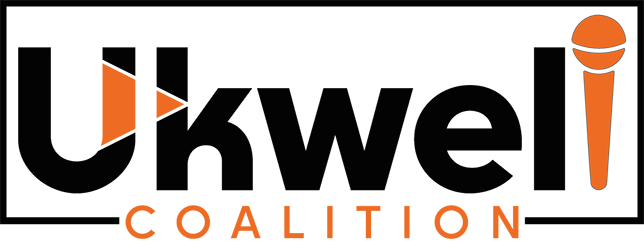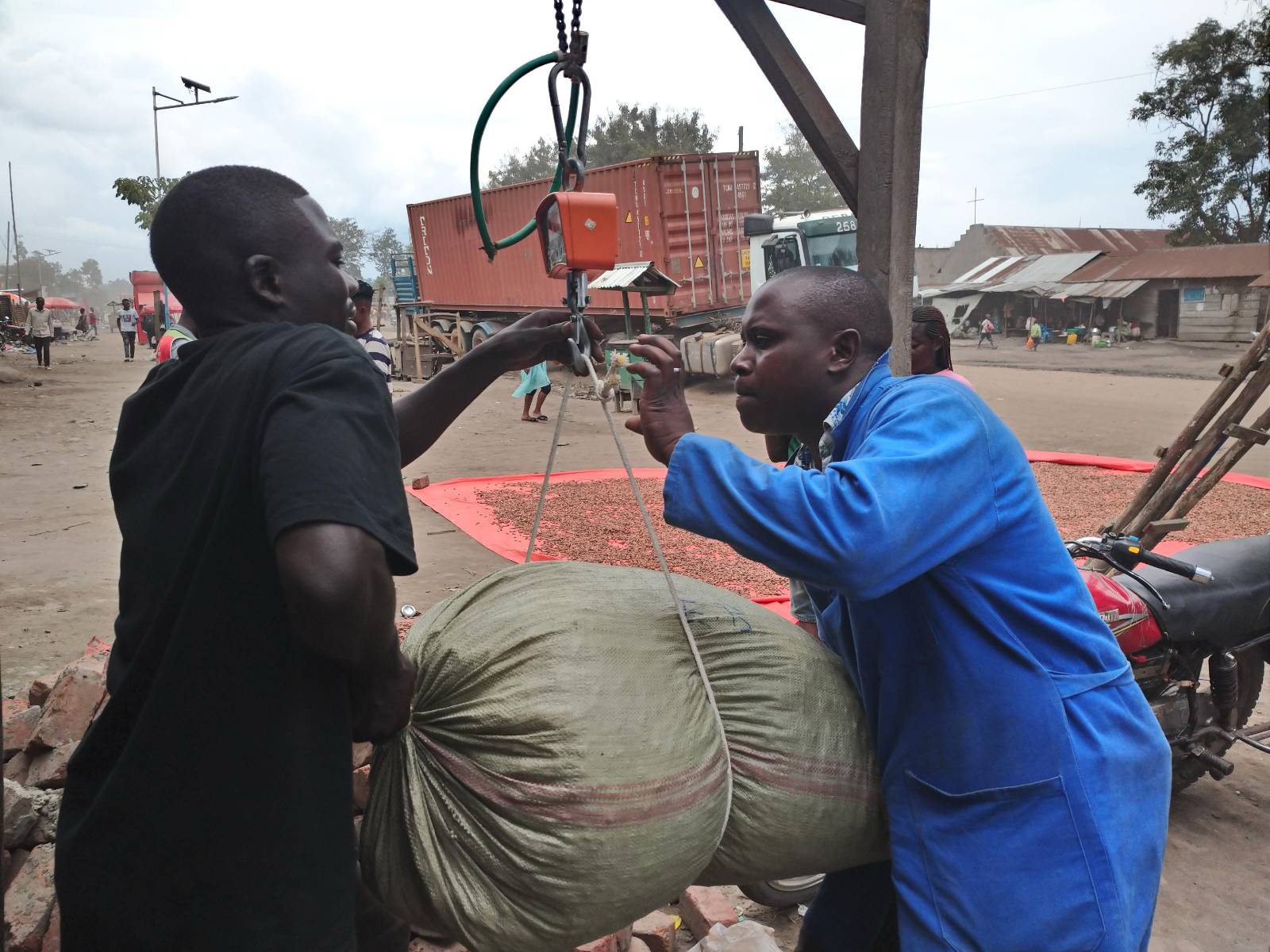In this investigation, Ukweli Coalition Media Hub, an investigative platform specialising in the Great Lakes region, in partnership with Afrique XXI and Africa Uncensored, has uncovered a vast cocoa bean trafficking network between eastern DR Congo and Uganda. Involved are the Congolese and Ugandan armies, civil servants, well-known economic operators and armed groups including the Allied Democratic Forces (ADF).
Special reports from Beni, Kasindi, Butembo, Mpondwe and Nobili.
22 November 2024, North Kivu, in the east of the Democratic Republic of Congo. The Lubiriha River is at its lowest. This river separates the two towns of Kasindi-Lubiriha in the Democratic Republic of Congo (DRC) and Mpondwe in Uganda. At this time of year, the two banks are separated by just over 30 metres of water. The surrounding area is heavily guarded by the Forces armées de la republique du Congo (FARDC), and the Uganda People Defense Forces (UPDF). Contrary to what might be expected of these two national armies, their objective is not to maintain order, but rather to facilitate the crossing of hundreds of people and tonnes of goods, which use this route to evade customs controls. Day and night, the trafficking takes place with their blessing, in exchange for money.
One of the main products smuggled is cocoa beans.
Cocoa is DRC’s leading agricultural export. According to the World Bank, the country exported some 63,971 tonnes of beans in 2023, generating $50 million in taxes, according to data from the Central Bank of Congo (BCC). The ninth largest exporter in Africa, DRC was also the second largest exporter of organic cocoa to Europe (the world’s largest customer) in 2023, with 8,061 tonnes.
Since 2023, the world price of cocoa has soareed, driven by poor harvests in Côte d’Ivoire and Ghana, the world’s leading producers. The price tripled in 2024, reaching $11,675 per tonne on 31 December 2024. Under these conditions, the beans are more coveted than ever. Armed groups, which abound in eastern DRC where the vast majority of Congolese beans are produced, particularly in the Beni region, and exporters, prepared to do anything to increase their profits, are vying for this financial windfall. This business fuels corruption among public officials and exacerbates insecurity.
Read the rest of the article on Africa Uncensored

